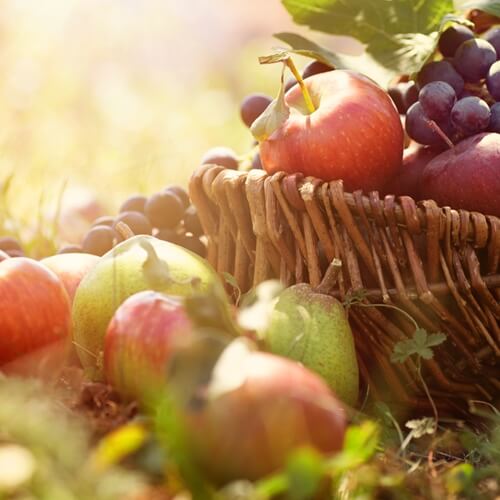Small farms can reach a large market through food hubs
As a student of an online cooking school, you probably have a love for quality ingredients and local producers. Unfortunately, many home cooks find it difficult to get everything they need from the weekly farmers market. It’s not that farmers don’t want to bring you their items, it’s that they don’t often know how. However, more small American farmers are now distributing their goods through food hubs.
What are food hubs?
Food hubs are regional organizations that offer logistical support to local farmers. They pick up produce and other products and coordinate drop-offs at nearby grocery stores. Sometimes, grocers come to the storage facilities managed by food hubs. There are a variety of models, but all of them help small farms get their food on the shelves so that consumers have access to them.
Why are they important?
Americans are craving local food products. In fact, 2014 culinary industry trends include an increased interest in local sourcing. However, many small farms don’t have the time or tools to sell their items to a large market of interested consumers. Food hubs help solve that problem by handling the distribution, storage and other issues for the farmers.
Food hubs also level the playing field. The current food distribution system favors large farms, because they have the means and the support to sell their products nationally – or internationally in some cases. Food hubs give medium and small farms the same opportunities as large farms.
Finally, by supporting local farmers, food hubs are pumping money into communities and they are providing a more eco-friendly farming option. Certain food hubs encourage sustainable practices so that you know your produce is organic and good for the environment.
Where are they?
Regional food hubs are located in most states and many states have several centers. The U.S. Department of Agriculture keeps a working list of every food hub in the nation. Farmers who are interested in joining should first seek out a food hub near them. You can contact the hub directly by calling or visiting. Product buyers, distributors and sellers can also register to join a food hub by visiting the Food Hub website. You simply follow the on screen instructions.
How do I buy local?
Food hubs bring small farm products to grocery markets. Simply look for a “local” section at your favorite store or ask a grocer where the items are located. Always check labels and ask questions if you aren’t sure that the produce you’re holding is from a food hub.


